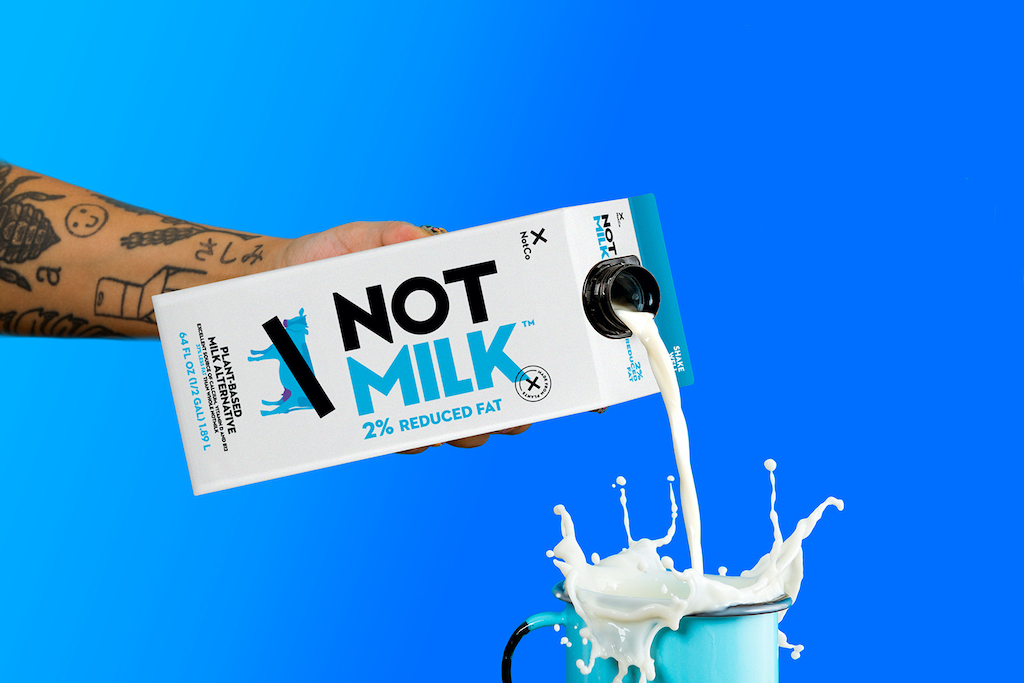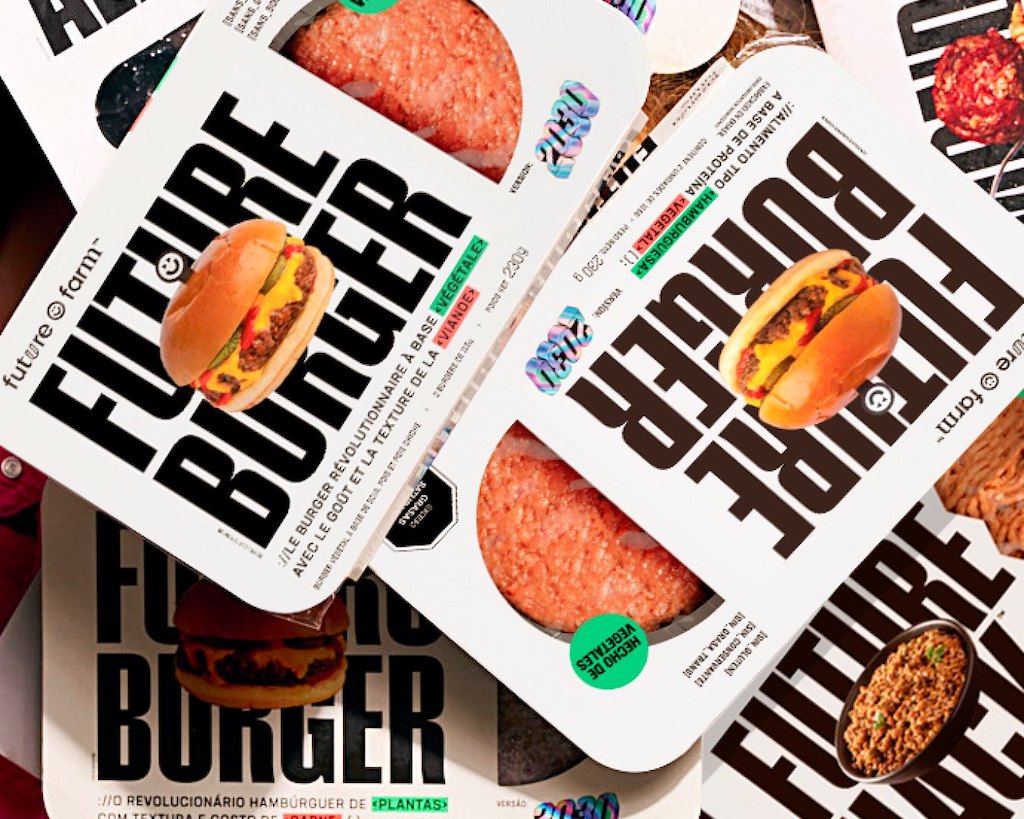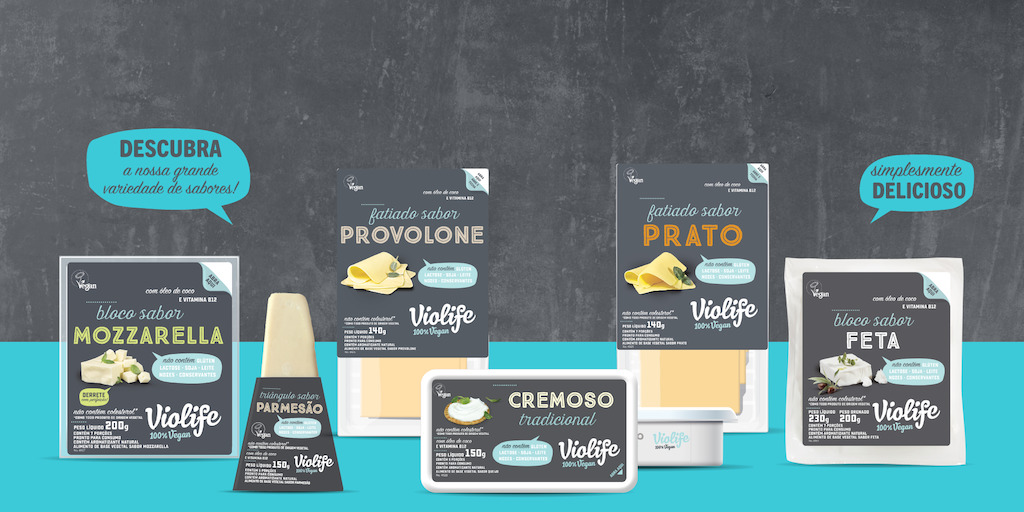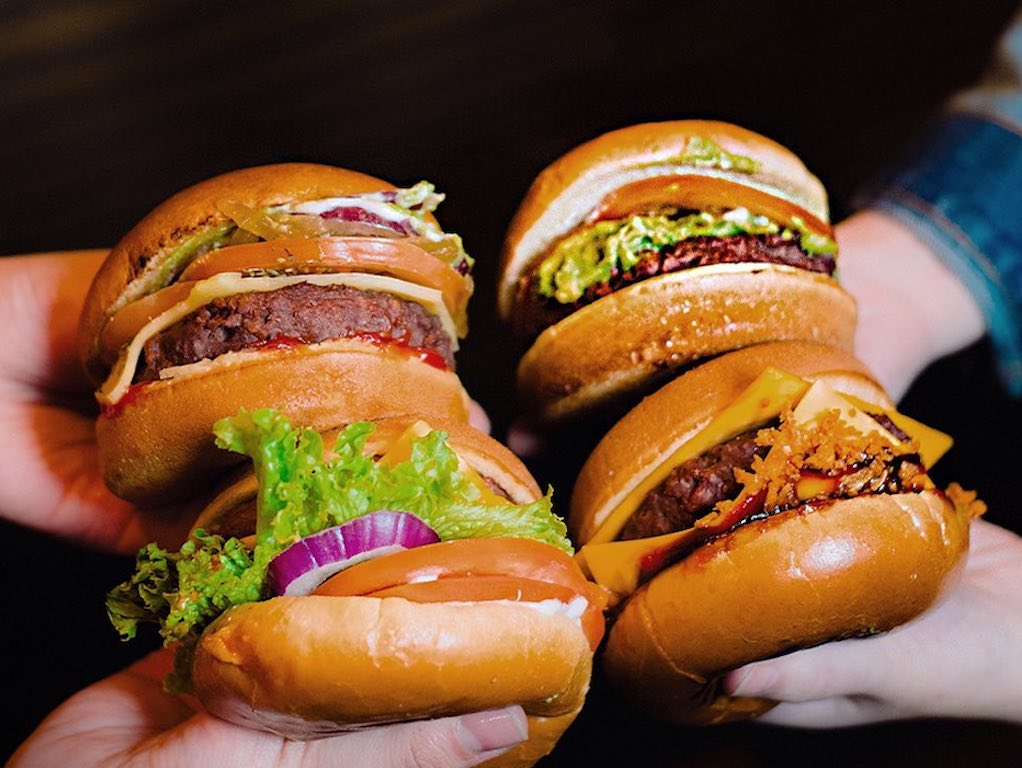4 Mins Read
Chile leads the pack in Latin America for the number of vegan products available to consumers, recording an 8% rise over the last four years to make up 12% of the total food market in the country. But plant-based products are on the rise across the board, with Argentina and Brazil recording just slightly lower figures, as veganism goes mainstream in the region.
Vegan products now make up more than 1 in 10 products on sale in the Chilean food market, a new study finds. Conducted by Mintel Consulting for global plant-based movement Veganuary, the new research focuses on the Latin American market and shows that Chile’s vegan sector is growing most rapidly among its peers, which includes Argentina and Brazil.
8% surge in vegan products in Chile

Over the past four years, the number of vegan products available to Chilean consumers has increased by 8%. Vegan products now represent 12% of the total food market in the country—meaning that more than 1 in 10 products displayed on supermarket shelves are made with no animal ingredients. In terms of food products that are labelled “plant-based”, this category saw an increase of nearly 5% over the same period.
This puts the Chilean market ahead of its Latin American neighbours Argentina and Brazil, which recorded 6% and 3% growth in the number of vegan products respectively. In Brazil, vegan products now make up around 7% of the total food sector.
In a blog post on the results, Veganuary shared in a Spanish translation that the strong growth in the supply of vegan products across Latin America is “an increase that responds to the impact of consumers [who are] interested in reducing their consumption of meat and other animal products, and are willing to experiment with new products that allow us to lessen our impact on the environment, animals and improve our health.”
Read: Plant-based meat startups and vegan brands to watch in LatAm
LatAm food tech leaders

As part of the research, Mintel also highlighted the strongest players in the region’s burgeoning alternative protein industry. Chile’s NotCo, for instance, has not only become one of the most recognisable names in Latin America, but has made a name for itself globally. Shortly after entering the US market, the AI-powered food tech achieved unicorn status in a $235 million round backed by names like Roger Federer and Lewis Hamilton.
NotCo is simultaneously tackling all categories of animal products, from vegan meat alternatives to egg-free mayonnaise, dairy-free milk and ice cream.
Other food techs named as companies to watch in the report included Brazil’s Fazenda Futuro, the maker of the Future Burger, as well as N.ovo, the vegan mayonnaise and egg substitute brand. Fazenda Futuro, like NotCo, has also entered the US market.
Over in Argentina, players such as Frizata, which makes soy and wheat protein based meat alternatives, and vegan milk brand Vrink were among some of the companies spotlighted.
Read: Could these vegan burger makers outside of the US beat Impossible and Beyond?
‘Allergen-free’ and ‘gluten-free’ on the rise

Interestingly, the report also found that vegan products in Latin America are beginning to bear multiple claims to appeal to increasingly health-conscious consumers and those with specific preferences and intolerances. Labels such as “allergen-free” and “gluten-free” are on the rise, such as Violife’s lactose, soy, gluten and nut-free cream cheeses, and Terrium Lupino’s non-GMO lupin-based dairy-free chocolate hazelnuts, which are gluten-free and refined sugar-free.
“This boom in new options allows many to make their transition to a vegan diet more simple and progressive,” commented Veganuary. “[It] makes healthy and accessible alternatives for a large group of the population.”
In Brazil, “allergen-free” and “gluten-free” are now branded on 86% and 77% of all vegan products sold in the country, with figures in Chile standing at 77% and 69%, and in Argentina 57% and 53%, respectively.
Other findings from the report include the growth of pea protein, which managed to surpass the dominance of soy protein in the Chilean and Brazilian vegan markets. In Argentina, the primary source of plant protein continues to be soy, with wheat protein and pea protein coming in next.
Lead image courtesy of NotCo.




